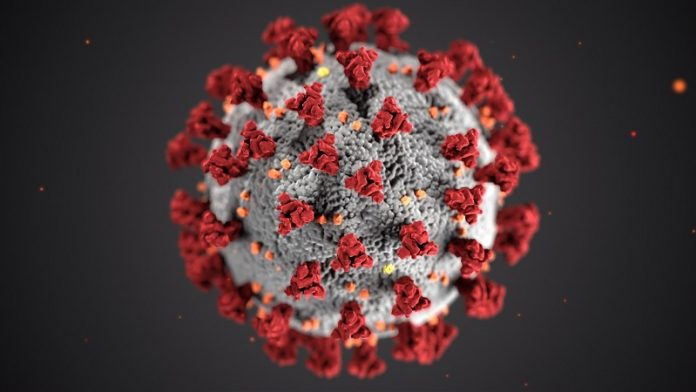
In a new study from Weill Cornell Medical College and others, researchers found that even though most patients with severe COVID who are put on ventilators regain consciousness after removal of respiratory support, their recovery may take weeks after the period of mechanical ventilation has ended.
The new findings should be informed to the health professionals when they make decisions about life-sustaining therapies for unresponsive COVID patients.
In the study, the researchers conducted a retrospective analysis of 795 patients who were hospitalized with severe COVID at three large medical centers during the first two surges of the pandemic.
All of the patients had been on mechanical ventilation for at least six days. Most were also placed in a medically induced coma while on the ventilator, though some patients were already unconscious.
After respiratory support was ended, the patients were assessed daily for the ability to follow simple verbal commands to move their arms, a standard measure of consciousness.
Of the 795 patients, 72 percent survived and ultimately regained consciousness prior to discharge.
For those who survived, 25 percent recovered consciousness 10 days or longer after they stopped receiving ventilator support, and 10 percent took 23 days or more to recover.
The researchers also looked at a variety of factors that may have explained why some patients took longer to wake up, including the severity of symptoms, degree of respiratory distress, exposure to analgesics or sedatives, and brain injury.
They found that blood oxygen levels directly correlated with the ability and time to regain consciousness: the more low-oxygen episodes a patient experienced, the longer they took to wake up. Patients who experienced the most episodes of oxygen deprivation took the longest to recover consciousness.
The findings suggest that for patients with severe COVID, the decision to withdraw life support shouldn’t be based solely on prolonged periods of unconsciousness, as these patients may eventually recover
If you care about COVID, please read studies about common drugs that could help prevent COVID-19 deaths, and new air filters could rapidly kill COVID-19 and other viruses.
For more information about health, please see recent studies that even mild cases of COVID-19 could leave mark on the brain, and results showing that people with COVID-19 recover faster with this treatment.
The study was conducted by Greer Waldrop et al., and published in Annals of Neurology.



